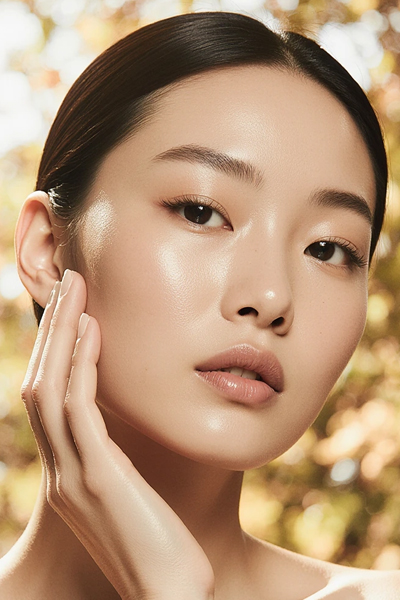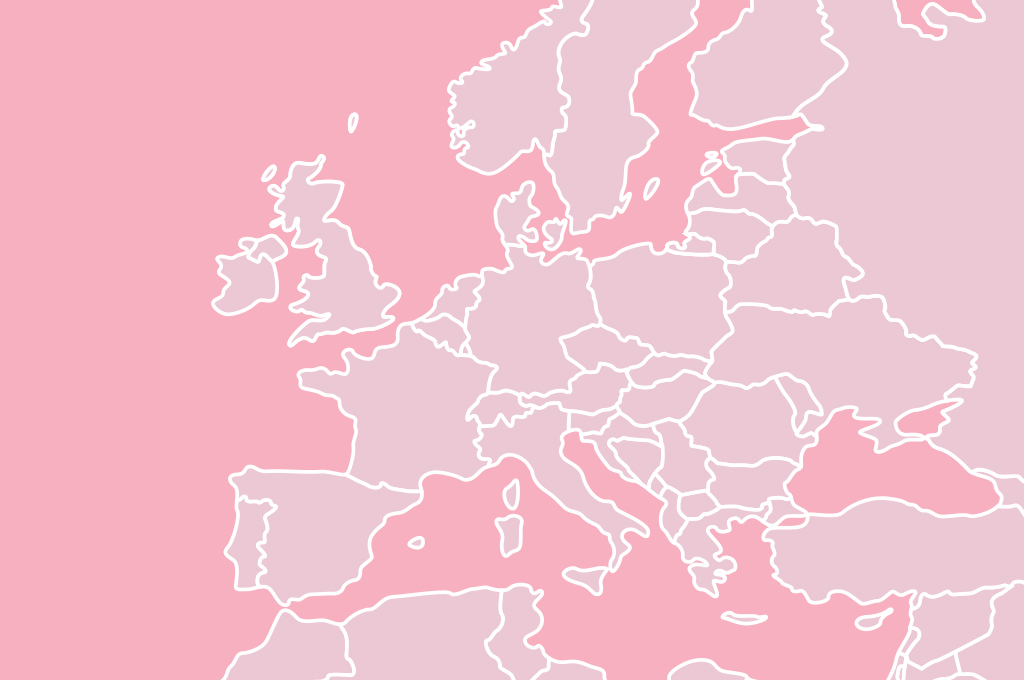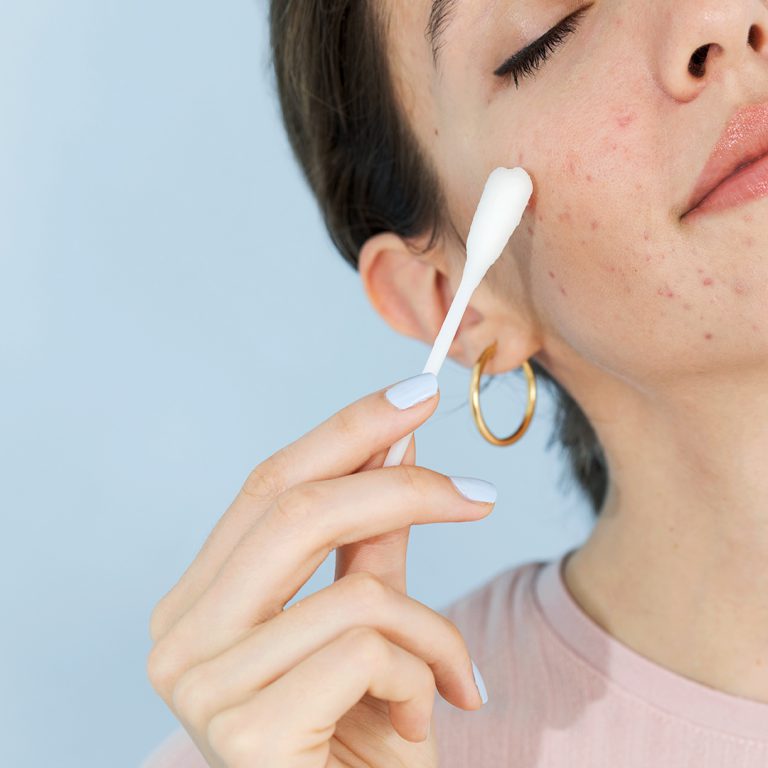In South Korea, you can find a huge variety of skincare and beauty products — not for nothing, it’s one of the world leaders in cosmetic innovation! But why? Korean culture is all about beauty, health and well-being. This, combined with their love for technology, their excellent taste and their fun packaging designs, has turned the Korean cosmetic industry into a global trendsetter and the latest obsession of skincare enthusiasts around the world.
However, the legislation in Europe and South Korea is not exactly the same, which means that not all Korean products can be imported into our continent — the only way to purchase a product that complies with the demanding European regulations is to get it from an authorised European dealer. Our mission at MiiN is to select and make available to you the best Korean brands and products that comply with all the European safety requirements.
Want to know more? Read on!
European cosmetics regulations are amongst the most demanding in the world
The cosmetics that are sold within the European Union have to comply with the most stringent requirements in the world to guarantee that they are safe. The purpose of the EU legislation is, above all, to guarantee the wellbeing of end users and requires that all ingredients used in a product are permitted in the EU (many ingredients that are permitted elsewhere are prohibited in the EU), that the product is stable during its shelf life, that it is manufactured following specific hygiene and health conditions, that they are not marketed with misleading claims, or that an expert scientist conducts a comprehensive safety evaluation… Among many other requirements!
These laws apply both to products manufactured in Europe and to imported products, including those from South Korea.
Thanks to these strict laws, we can proudly say —considering the existing legislation and the scientific evidence on ingredients— that there are currently no products that are toxic to human health available on the EU market. If you want to use safe cosmetics, buy them in the EU — by doing this, you’re actually taking care of your health.
Due to these requirements, some cosmetics cannot be imported into the EU
As European laws are more demanding than those of most third countries —this also applies to environmental regulations—, the products that don’t comply with these requirements stay at the EU borders and cannot be sold legally.
This includes products purchased online that are sent directly to the customer from a store located in a non-EU country — these items should meet all the EU requirements in order to be introduced legally. In fact, the buyer unknowingly turns into an importer of products.
One of the most common reasons a product cannot be imported is because its ingredients (or traces of ingredients) are not within the limits permitted to guarantee the safety of the product under European standards or don’t meet the purity criteria required for heavy metals, for example.
What does it mean when they say that a product has undergone the necessary controls?
Authorised importers and distributors of cosmetics, like MiiN, are like a quality and safety seal, as they make sure their products can be legally sold in Europe. At MiiN, we monitor comprehensively all the stages of the process to ensure that the product you purchase through us fully complies with all European requirements:
- We monitor the production process of the items we sell through manufacturing audits during our visits to Korea.
- Our technical team is in charge of evaluating the safety of products, making sure that their claims are not misleading and creating adequate labels in several European languages.
- We do a quality check upon the arrival of the products, and return those that don’t pass the tests.
- We make sure that the shipping of products from Korea to our warehouse and from there to your home is done following all the best practices to maintain the quality of each product.
So, can you still buy products directly from outside the EU? Yes, but…
Products purchased on websites from non-EU countries and that are sent directly to an EU country might not be in compliance with European law.
If they don’t, you’re exposed to several risks as a consumer:
- The ingredients or the way they are combined may not be safe for your health (for example, because they exceed the limits established by the EU for preservatives, or because they contain impurities). There have been very serious incidents that have resulted in the hospitalisation of those affected.
- You might not understand the labelling, instructions or warnings, because they are not in your language.
- The products may feature misleading claims that would not be allowed in the EU.
- The ingredient list might not follow EU regulations, as they might be listed in a different order —instead of in order of predominance— and may not highlight allergens, as required by the EU.
- The product descriptions may not be comprehensive or clear enough, so you end up choosing a product that is not suitable for your skin type.
- There is the risk that no one can be held accountable if you experience an adverse reaction, as the product doesn’t have a Responsible Person in Europe.
- The transportation of the product may not be optimal and its quality can be affected during the course of it, limiting its shelf time. For example, the cold or heat may break emulsions, separating oil and water.
- The product might even be counterfeit!
Providing the guarantee and safety that comes with being the European Responsible Person for the import and distribution of Korean brands not only requires great commitment, effort and compliance — it’s also a very costly process that demands highly skilled professionals, comprehensive tests and keeping all permits in order. This is usually reflected in the final price of a product.
We recommend that, before every purchase, you make sure that the products you’re interested in have a Responsible Person in Europe and a European label. Otherwise, it most likely doesn’t comply with all the European cosmetics legislation, and could present quality deficiencies — for example, they might be about to expire or even be counterfeit.
Be careful! It can also be risky to purchase products directly from websites from non-EU countries that have already been introduced into the EU via a European dealer. One might think that, if they’re already available via European dealers, it’s because they comply with European formulation requirements. However, when you buy products directly on foreign websites, these skip a few steps in the control process, such as the pharmaceutical inspection and quality control upon arrival in Europe, which ensures that each batch of products meets the quality requirements and is free from pathogenic microorganisms.
For this reason, we recommend being cautious, as it isn’t possible to know for sure if products are fully compliant with European legislation, if these are not purchased in Europe.
Lastly, when you buy directly from online stores outside the EU, you might have to pay customs fees, which can be very high (usually at least the equivalent to the 21% VAT).
Also, as mentioned above, when a consumer purchases items directly from third countries, they effectively become (unintentionally and unawarely), the importer of those products for all legal purposes. According to the European Commission, “as soon as you buy a product from a non-EU country, then effectively you become an importer”.
Thus, if the products are inspected by Customs when they arrive in Europe, it is highly likely that they will not allow the items to be entered without an import license. According to the Spanish revenue service, Agencia Tributaria, “the import/export of health, cosmetics or hygiene products (…) is subject to the issuance of the corresponding certificate by the Spanish Agency of Medicines and Medical Devices (AEMPS).” This means that the package will be returned to its origin if this happens.
How can you know if a product is compliant with EU legislation?
Easy! Through its labelling! If a product’s label does not include the name and address of the Responsible Person in Europe, information in the official language of the member country you are in, an ingredient list using INCI nomenclature and so on, it’s very likely that the product is not legal tender in Europe, or that it has not passed the controls mentioned above.
The labelling is also important, because it usually features instructions and warnings in your language on how to use the product, so it can be easily understood both by yourself and any healthcare professional, in the event of an undesirable reaction.
Don’t risk it — if a product isn’t compliant with EU labelling regulations, it’s safer to stay away!
SAFETY x QUALITY
At MiiN, we always go one step further to guarantee the best quality to our customers. For this reason, not only do we verify that each product is, indeed, completely safe, but we also want your buying experience at MiiN to be an experience. We travel to Korea often to try out new brands and to carefully select the best quality products to bring them to Europe. In fact, a lot of the brands we sell are only available at MiiN. Also, our team of Beauty Advisors will help you create a personalised routine that works for you and your skin, while our website features detailed product descriptions, which include information about their benefits, the types of skin they target and, of course, the full ingredient list, as required by European regulations.
At MiiN, you’ll find a wide selection of the best regulation-compliant products, so you can choose the ones for you, without having to worry about a thing. Enjoy!



